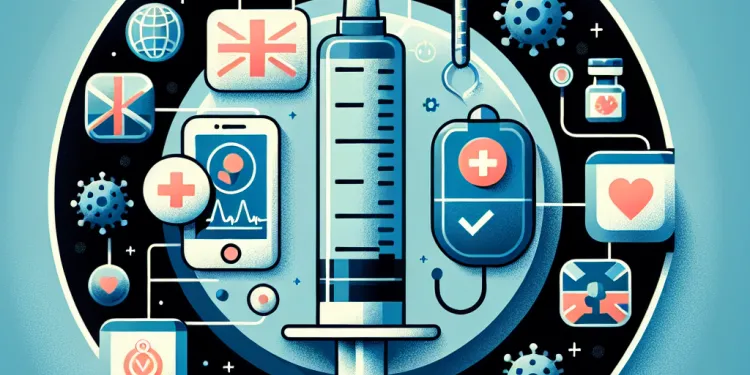
Find Help
More Items From Ergsy search
-
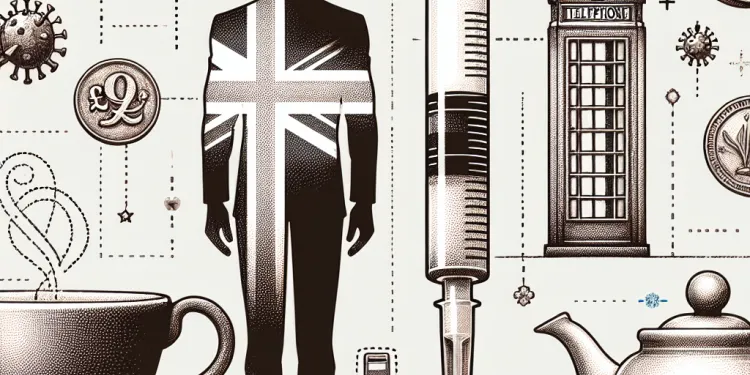
Do men need the HPV vaccine?
Relevance: 100%
-
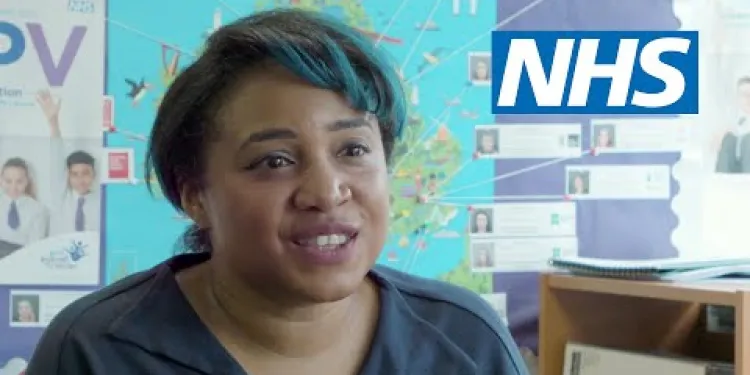
What is the year 8 HPV vaccine? | NHS
Relevance: 97%
-
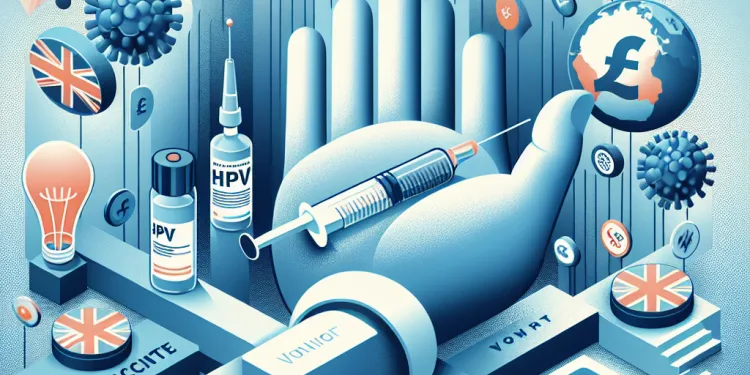
Who should get the HPV vaccine?
Relevance: 96%
-
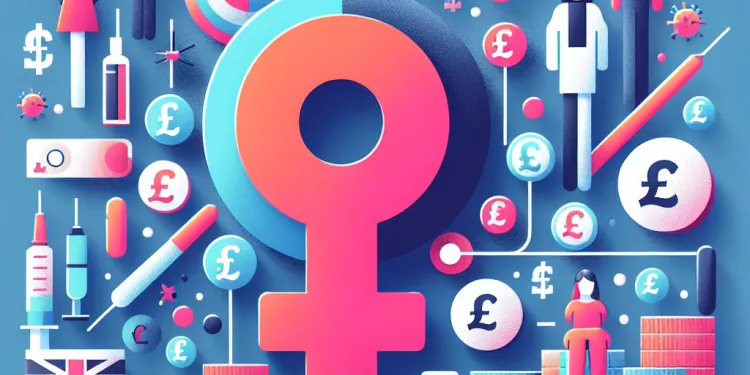
Surge in HPV Vaccination Rates Among Young Women in the UK
Relevance: 90%
-
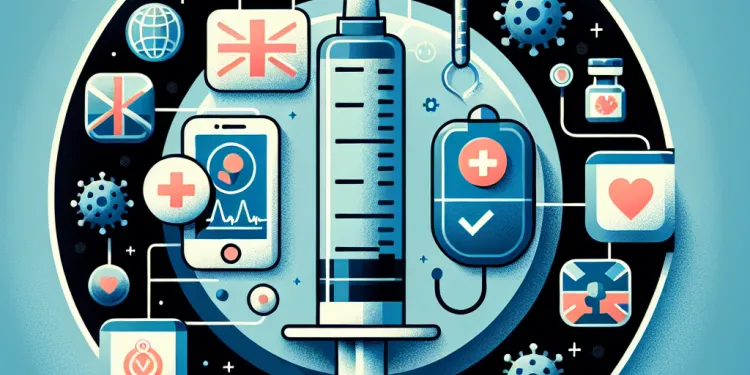
Is there a vaccine for HPV?
Relevance: 84%
-
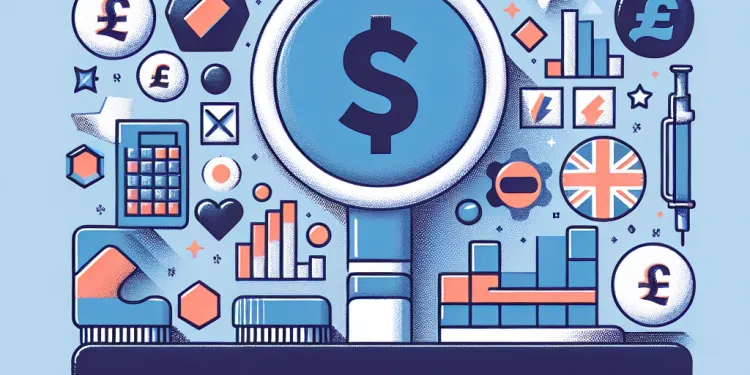
Can HPV be treated?
Relevance: 80%
-
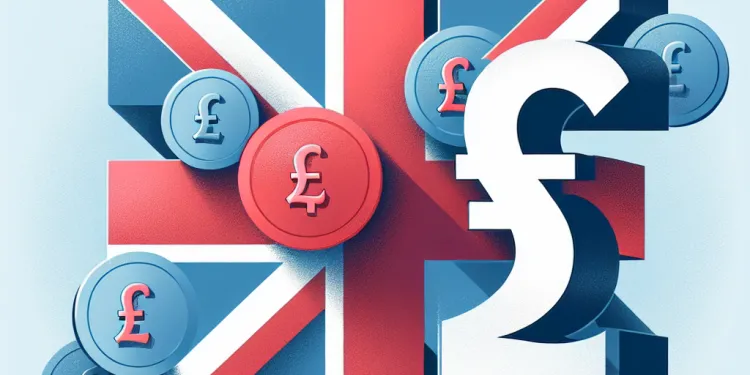
How common is HPV?
Relevance: 80%
-
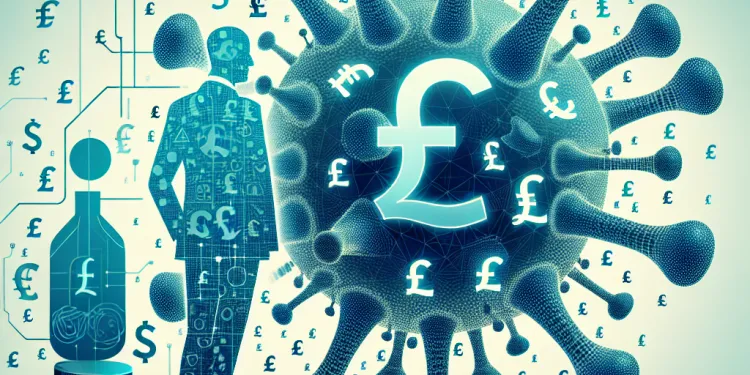
What is the HPV Virus?
Relevance: 80%
-
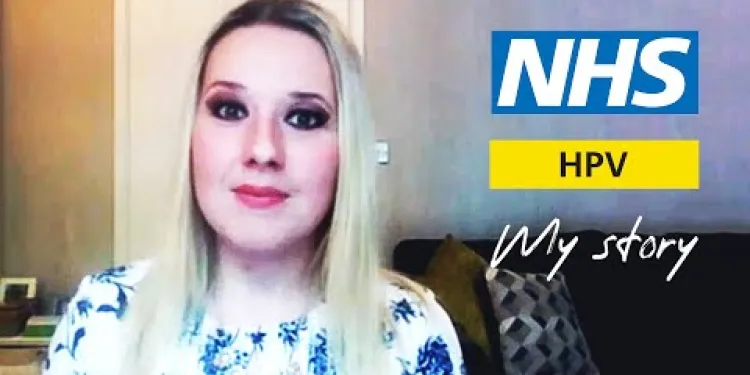
HPV - My Story | NHS
Relevance: 79%
-
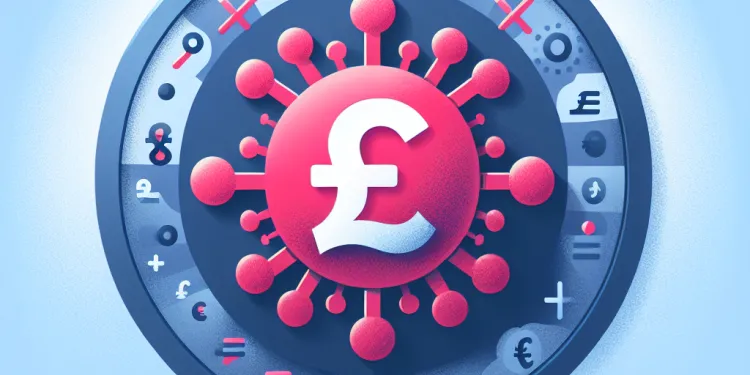
How can HPV be prevented?
Relevance: 79%
-
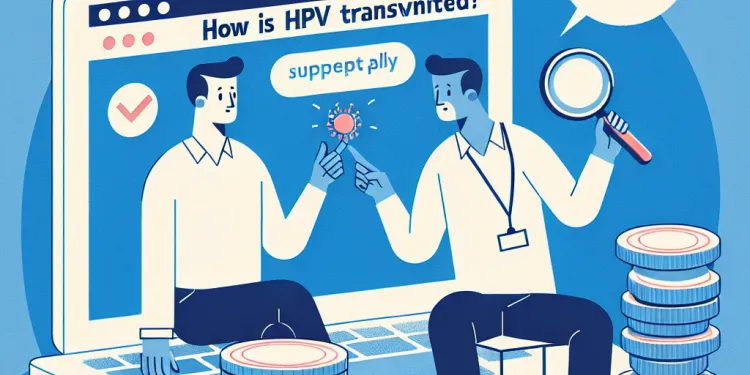
How is HPV transmitted?
Relevance: 78%
-
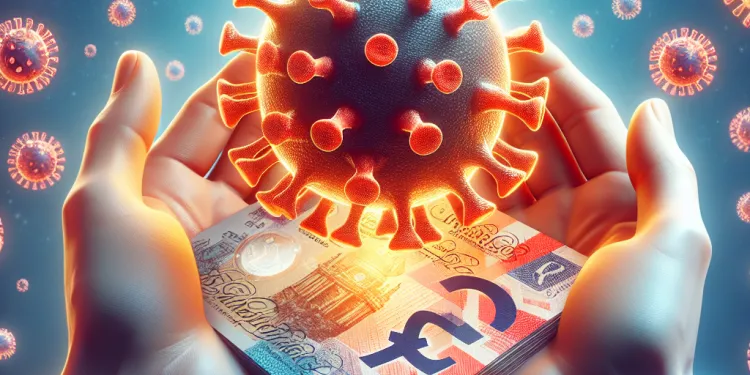
Can HPV lead to cancer?
Relevance: 77%
-
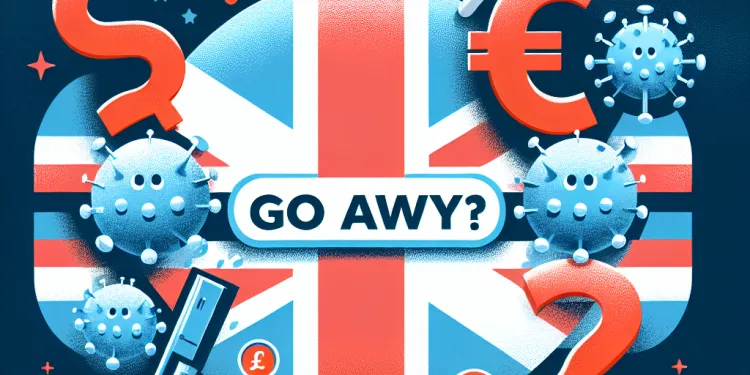
Can HPV go away on its own?
Relevance: 75%
-

Can HPV affect both men and women?
Relevance: 74%
-
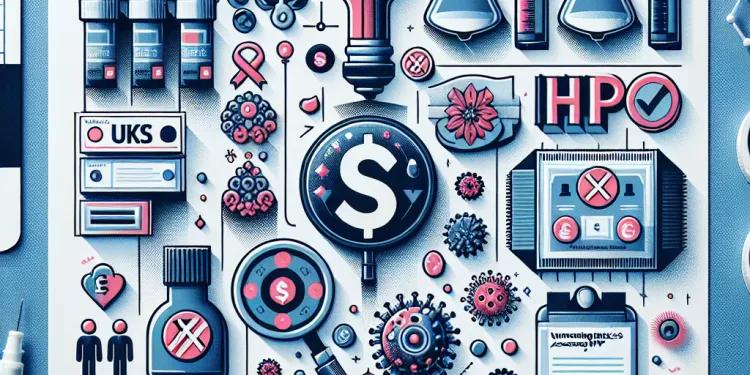
What age group is most at risk for HPV?
Relevance: 74%
-
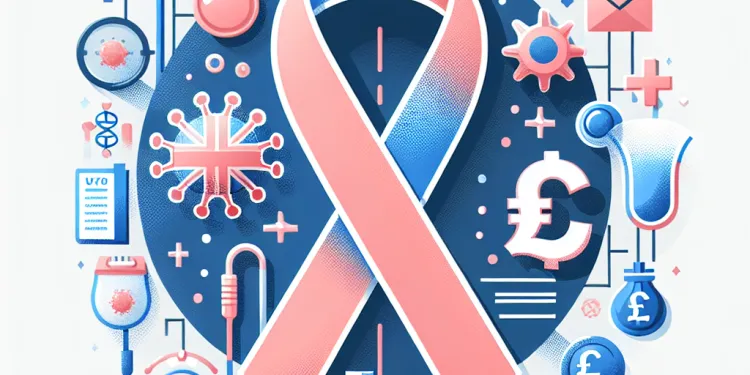
What is the link between HPV and cervical cancer?
Relevance: 73%
-
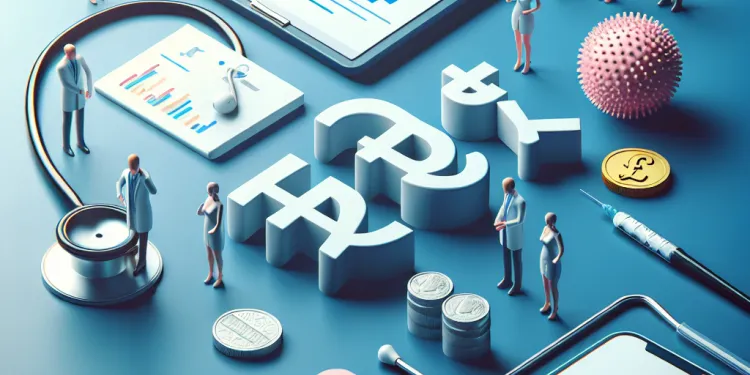
What health problems can HPV cause?
Relevance: 71%
-
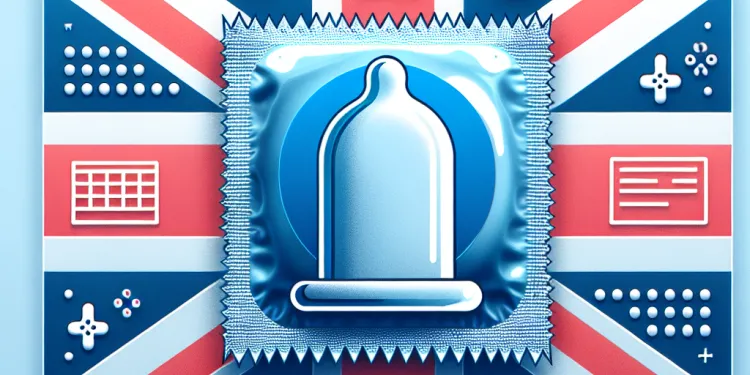
Can using condoms fully protect against HPV?
Relevance: 69%
-
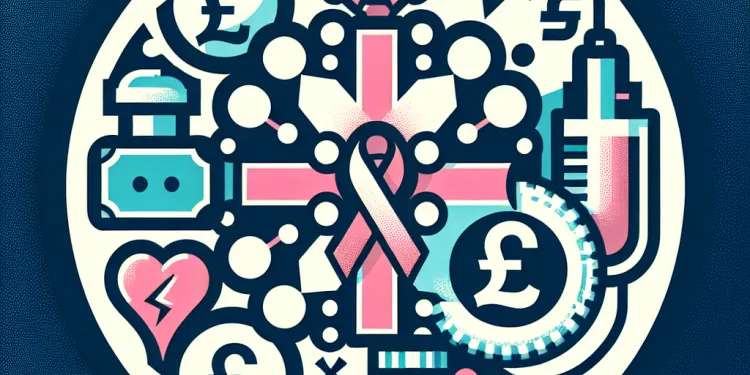
Are there symptoms of an HPV infection?
Relevance: 69%
-
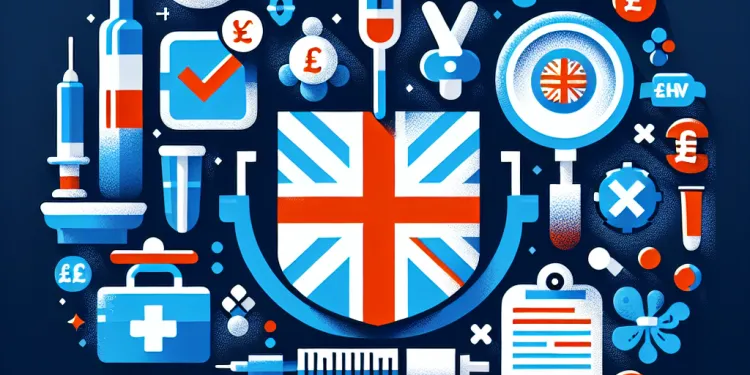
Is HPV testing available?
Relevance: 65%
-

What is a subunit vaccine?
Relevance: 54%
-
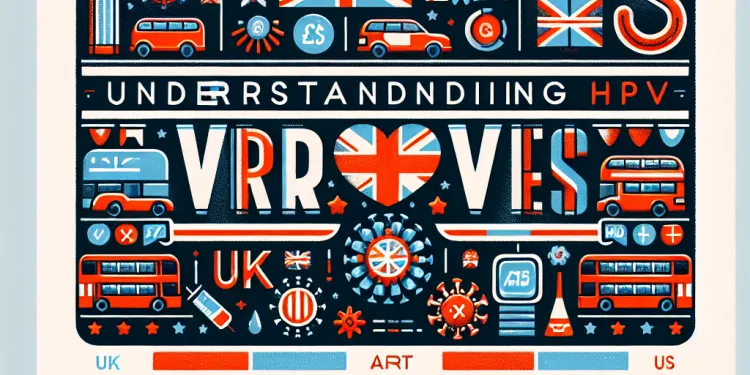
How many types of HPV are there?
Relevance: 54%
-
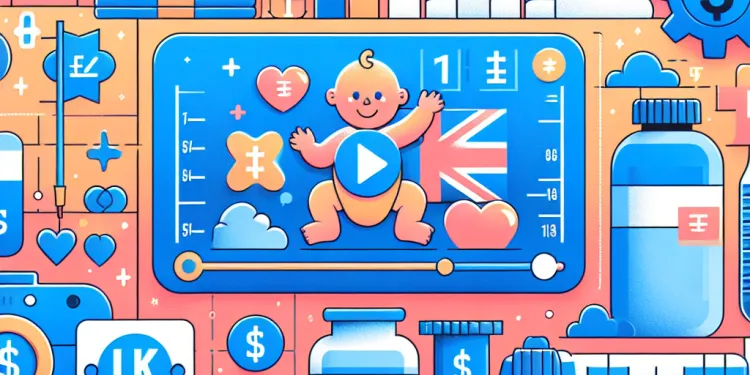
Children's Vaccination Schedule
Relevance: 53%
-
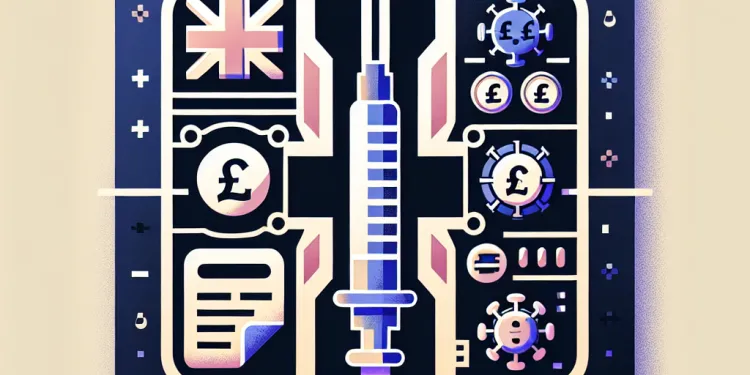
What are the different types of vaccines?
Relevance: 51%
-
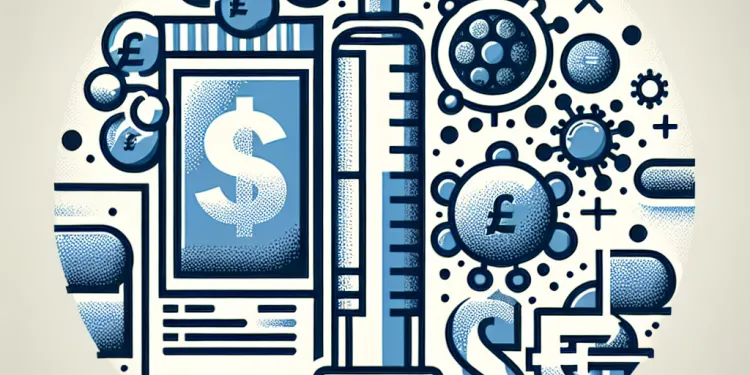
Is there a vaccine for gonorrhoea?
Relevance: 46%
-
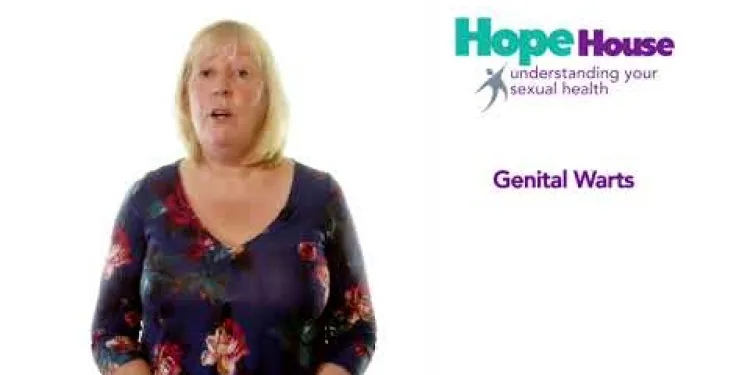
Understanding Your Sexual Health - Genital Warts
Relevance: 43%
-

Are there vaccines for meningitis?
Relevance: 43%
-
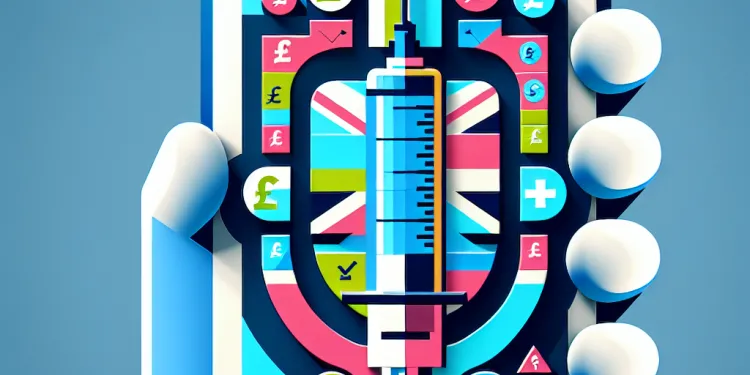
Are vaccines safe?
Relevance: 43%
-
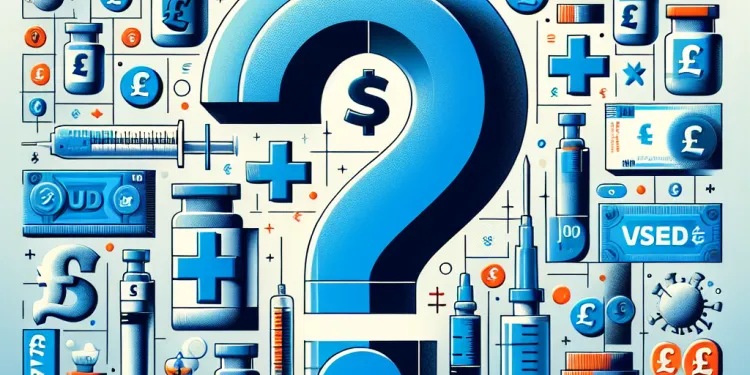
What is a vaccine?
Relevance: 42%
-
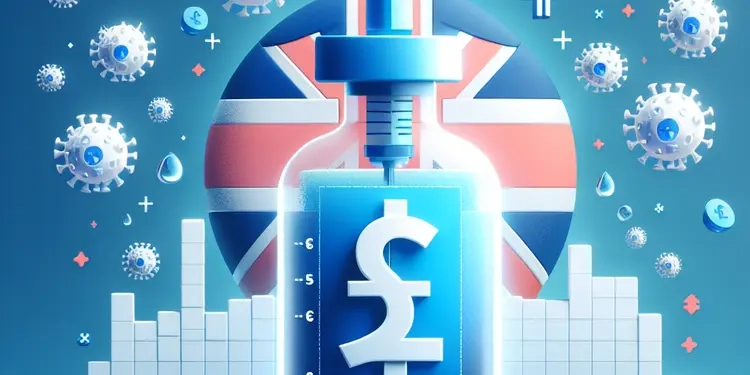
Is there a vaccine for H3N2?
Relevance: 42%
-
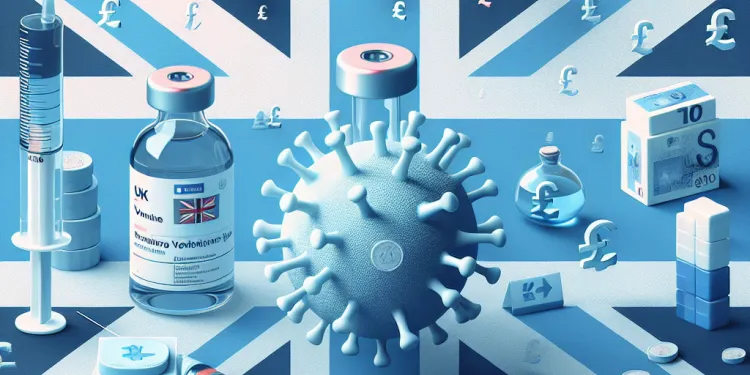
Is there a vaccine for norovirus?
Relevance: 42%
-
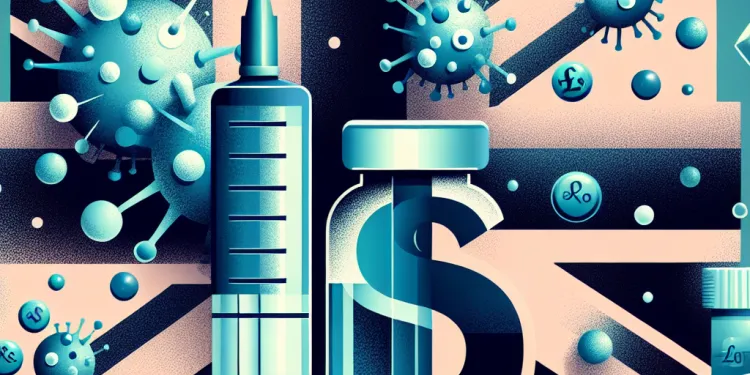
Is there a vaccine for impetigo?
Relevance: 41%
-
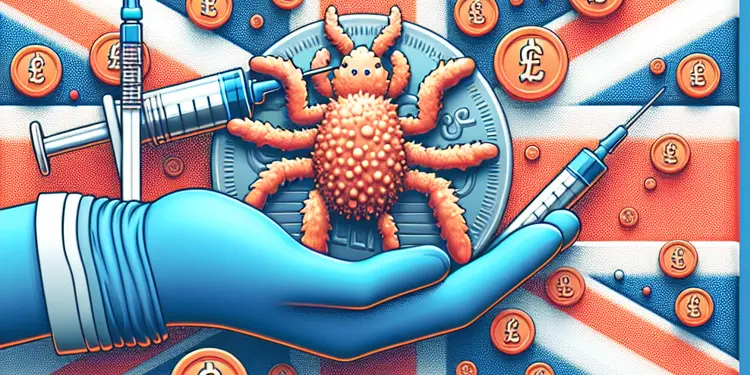
Is there a vaccine for scabies?
Relevance: 41%
-
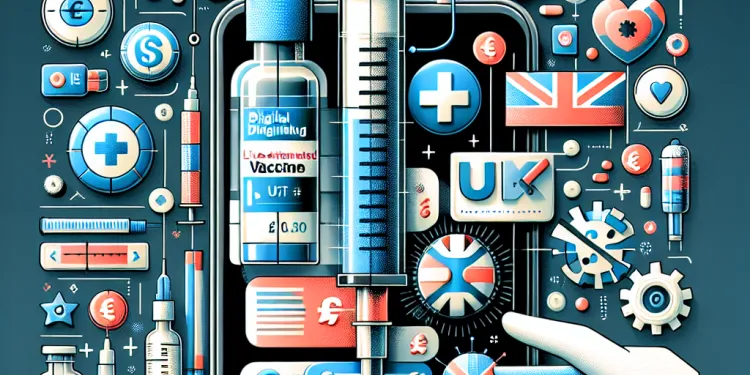
What is a live-attenuated vaccine?
Relevance: 40%
-
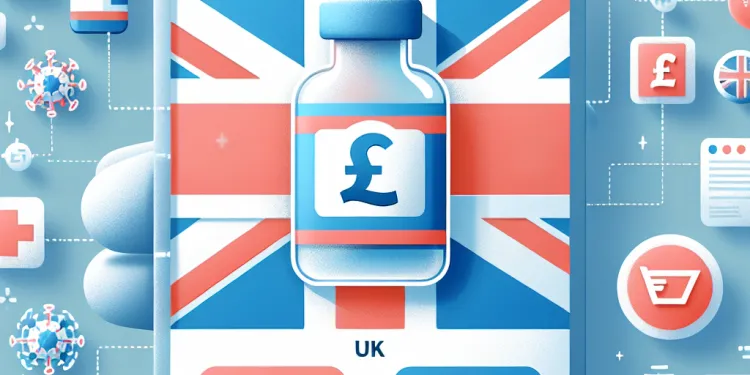
Is the shingles vaccine safe?
Relevance: 40%
-
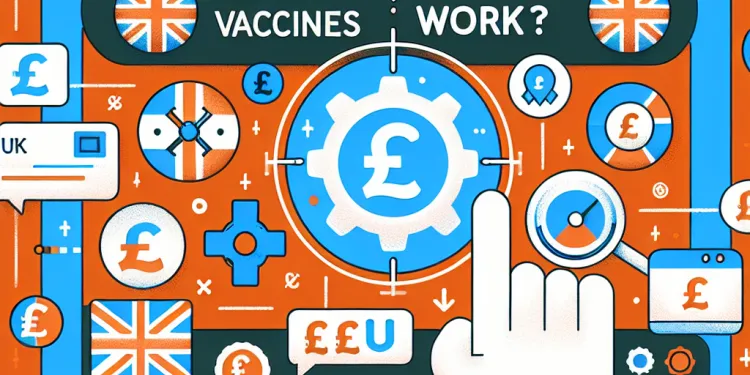
How do vaccines work?
Relevance: 40%
-
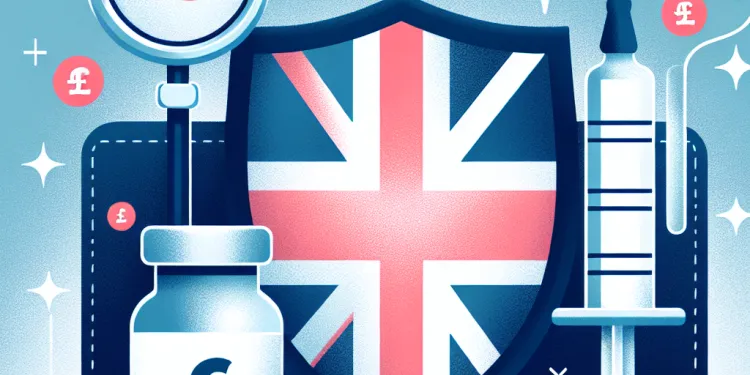
Why are vaccines important?
Relevance: 40%
-
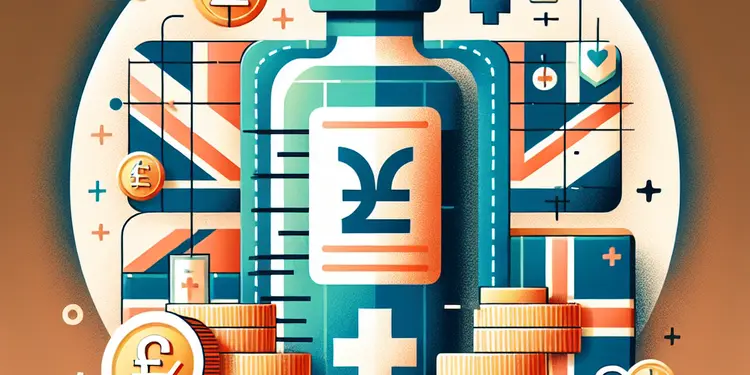
What is the MMR vaccine?
Relevance: 40%
-
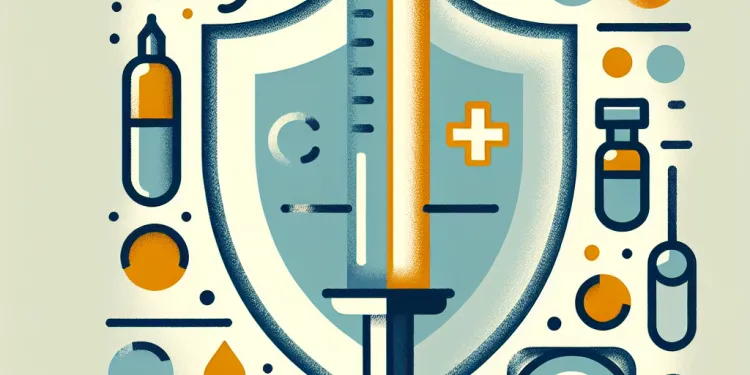
Is there a vaccine for the Zika virus?
Relevance: 40%
-
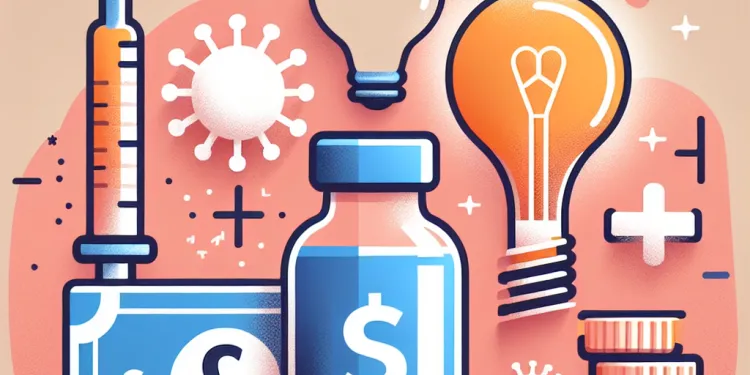
Are vaccines linked to autism?
Relevance: 40%
Understanding HPV and Its Importance
Human Papillomavirus (HPV) is a common viral infection that affects both men and women. It is primarily transmitted through intimate skin-to-skin contact and can lead to various health issues, including genital warts and cancers such as cervical cancer, anal cancer, and oropharyngeal cancers. With the potential severity of these health outcomes, the development of a vaccine to prevent HPV infections has been a significant public health advancement.
The HPV Vaccine
Yes, there is a vaccine for HPV, and it has been widely used and accepted as an effective measure for preventing HPV-related diseases. The HPV vaccine was first introduced in 2006, and since then, millions of doses have been administered worldwide. It is designed to protect against the most common and high-risk strains of HPV, including those that cause the majority of cervical cancer cases.
Types of HPV Vaccines Available
In the UK, the most commonly used HPV vaccine is Gardasil 9. This vaccine protects against nine different types of HPV, including types 16 and 18, which are responsible for around 70% of cervical cancer cases. In addition to these, Gardasil 9 also protects against types that cause genital warts and other cancers.
Who Should Get the HPV Vaccine?
The NHS recommends the HPV vaccine for young people, with a particular focus on early adolescence. The vaccine is typically offered to children aged 12 to 13 in the UK, ideally before they become sexually active. This is because the vaccine is most effective when administered before exposure to HPV. It is given as part of the routine immunisation schedule in schools, and both boys and girls receive it.
Benefits of the HPV Vaccine
Receiving the HPV vaccine significantly reduces the risk of developing HPV-related cancers and conditions. Studies have shown a substantial decline in the prevalence of the virus among vaccinated populations, leading to lower incidences of cervical cancer and other HPV-related diseases. The vaccine's safety profile is robust, with side effects typically being mild and temporary, such as soreness at the injection site or a slight fever.
Conclusion
In summary, the HPV vaccine represents a critical tool in reducing the burden of HPV-associated diseases. By providing protection against the most harmful strains of the virus, it serves as a proactive measure for long-term health benefits. The UK’s immunisation programme ensures that young individuals have access to this life-saving vaccine, contributing to a healthier future generation.
Understanding HPV and Its Importance
HPV stands for Human Papillomavirus. It is a common virus that can infect both boys and girls. You can get HPV from close skin contact with someone who has it. HPV can cause health problems like genital warts and some cancers. These include cancers in the neck (cervical), bottom (anal), and throat (oropharyngeal). Because HPV can make people sick, doctors created a vaccine to stop it from spreading. This vaccine helps keep people healthy.
The HPV Vaccine
Yes, there is a shot to protect you from HPV. It is called the HPV vaccine. This shot is safe and helps prevent diseases caused by HPV. The HPV vaccine has been used since 2006. Many people around the world have gotten it. The vaccine protects you from the harmful types of HPV that can lead to serious sickness, like cervical cancer.
Types of HPV Vaccines Available
In the UK, most people get a vaccine called Gardasil 9. This shot protects you from nine types of HPV. It stops types 16 and 18, which cause most cases of cervical cancer. Gardasil 9 also helps stop types of HPV that cause genital warts and other cancers.
Who Should Get the HPV Vaccine?
The NHS says young people should get the HPV shot, especially around the age of 12 or 13. It is best to get the vaccine before a person starts having skin-to-skin contact. The shot works best before you can catch HPV. Schools in the UK give this vaccine to both boys and girls as part of their usual health care.
Benefits of the HPV Vaccine
Getting the HPV shot helps protect you from getting very sick from HPV. Studies show that where a lot of people got the vaccine, fewer people got sick from HPV diseases. The vaccine is very safe. Some people might feel a sore arm or have a small fever after getting the shot, but these go away quickly.
Conclusion
To sum it up, the HPV vaccine is important because it helps stop diseases that can happen with HPV. The vaccine protects against the bad types of HPV, keeping people healthier. In the UK, young people get the vaccine to help them stay healthy. This helps everyone have a better, healthy future.
Frequently Asked Questions
Useful Links
Have you found an error, or do you have a link or some information you would like to share? Please let us know using the form below.
-->
This website offers general information and is not a substitute for professional advice.
Always seek guidance from qualified professionals.
If you have any medical concerns or need urgent help, contact a healthcare professional or emergency services immediately.
Some of this content was generated with AI assistance. We’ve done our best to keep it accurate, helpful, and human-friendly.
- Ergsy carfully checks the information in the videos we provide here.
- Videos shown by Youtube after a video has completed, have NOT been reviewed by ERGSY.
- To view, click the arrow in centre of video.
- Most of the videos you find here will have subtitles and/or closed captions available.
- You may need to turn these on, and choose your preferred language.
- Go to the video you'd like to watch.
- If closed captions (CC) are available, settings will be visible on the bottom right of the video player.
- To turn on Captions, click settings .
- To turn off Captions, click settings again.
More Items From Ergsy search
-

Do men need the HPV vaccine?
Relevance: 100%
-

What is the year 8 HPV vaccine? | NHS
Relevance: 97%
-

Who should get the HPV vaccine?
Relevance: 96%
-

Surge in HPV Vaccination Rates Among Young Women in the UK
Relevance: 90%
-

Is there a vaccine for HPV?
Relevance: 84%
-

Can HPV be treated?
Relevance: 80%
-

How common is HPV?
Relevance: 80%
-

What is the HPV Virus?
Relevance: 80%
-

HPV - My Story | NHS
Relevance: 79%
-

How can HPV be prevented?
Relevance: 79%
-

How is HPV transmitted?
Relevance: 78%
-

Can HPV lead to cancer?
Relevance: 77%
-

Can HPV go away on its own?
Relevance: 75%
-

Can HPV affect both men and women?
Relevance: 74%
-

What age group is most at risk for HPV?
Relevance: 74%
-

What is the link between HPV and cervical cancer?
Relevance: 73%
-

What health problems can HPV cause?
Relevance: 71%
-

Can using condoms fully protect against HPV?
Relevance: 69%
-

Are there symptoms of an HPV infection?
Relevance: 69%
-

Is HPV testing available?
Relevance: 65%
-

What is a subunit vaccine?
Relevance: 54%
-

How many types of HPV are there?
Relevance: 54%
-

Children's Vaccination Schedule
Relevance: 53%
-

What are the different types of vaccines?
Relevance: 51%
-

Is there a vaccine for gonorrhoea?
Relevance: 46%
-

Understanding Your Sexual Health - Genital Warts
Relevance: 43%
-

Are there vaccines for meningitis?
Relevance: 43%
-

Are vaccines safe?
Relevance: 43%
-

What is a vaccine?
Relevance: 42%
-

Is there a vaccine for H3N2?
Relevance: 42%
-

Is there a vaccine for norovirus?
Relevance: 42%
-

Is there a vaccine for impetigo?
Relevance: 41%
-

Is there a vaccine for scabies?
Relevance: 41%
-

What is a live-attenuated vaccine?
Relevance: 40%
-

Is the shingles vaccine safe?
Relevance: 40%
-

How do vaccines work?
Relevance: 40%
-

Why are vaccines important?
Relevance: 40%
-

What is the MMR vaccine?
Relevance: 40%
-

Is there a vaccine for the Zika virus?
Relevance: 40%
-

Are vaccines linked to autism?
Relevance: 40%


